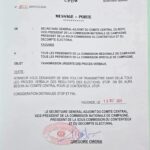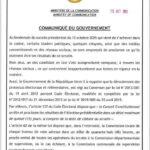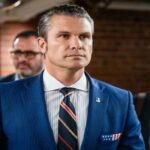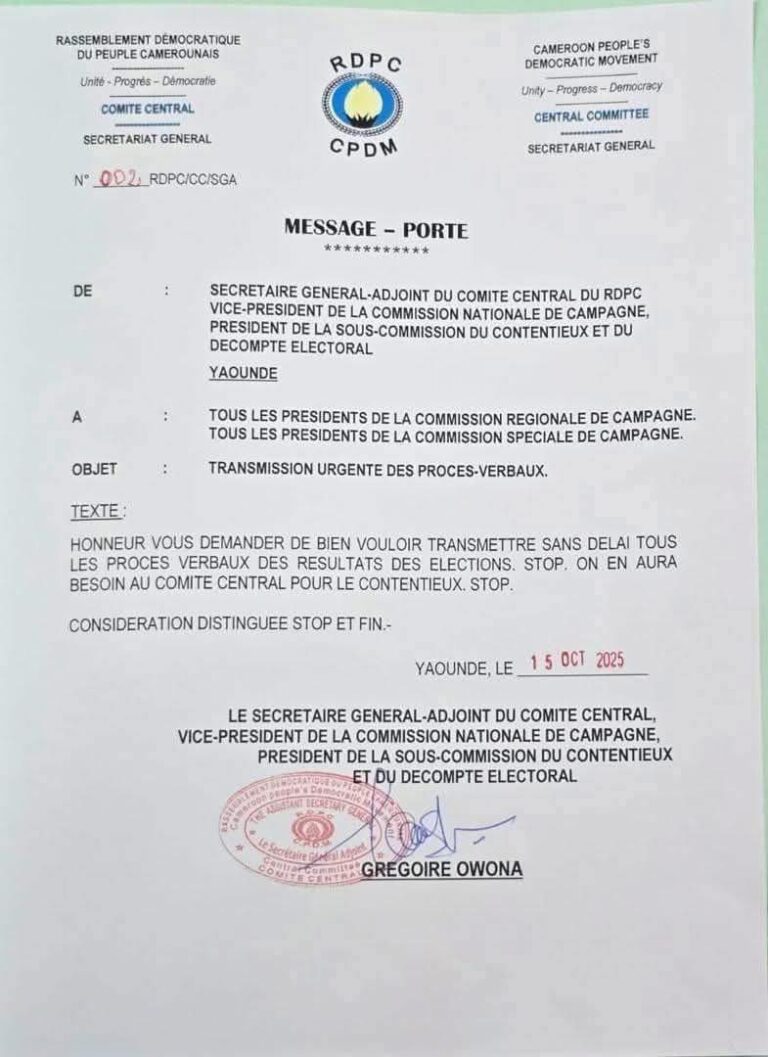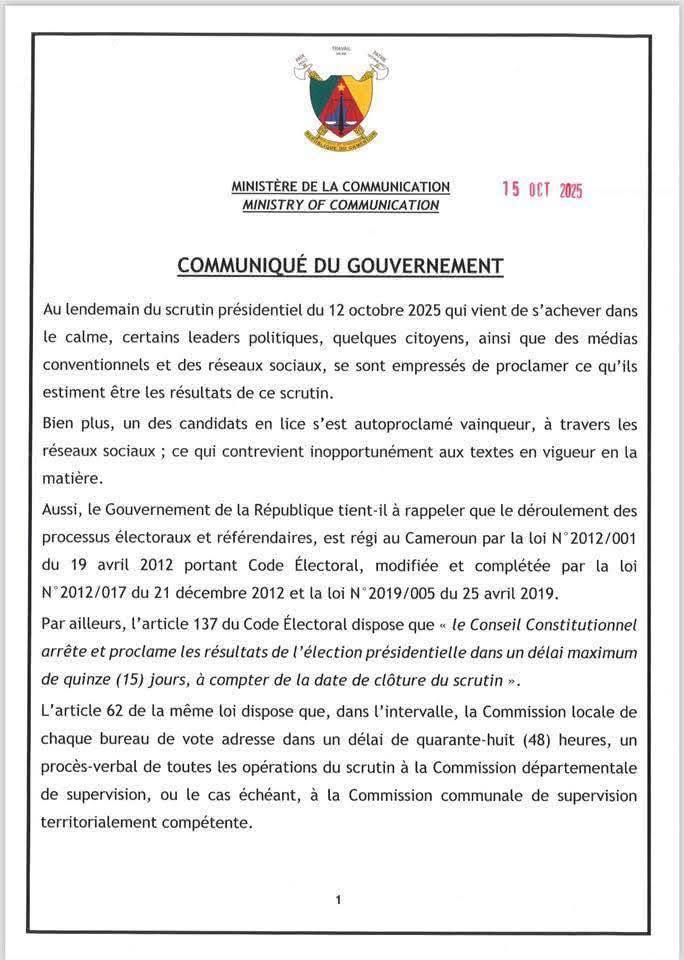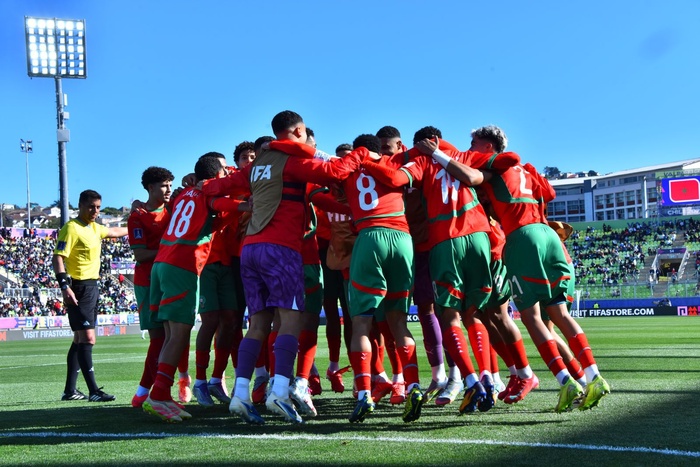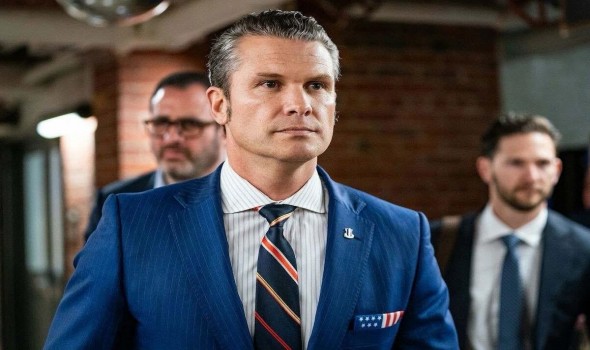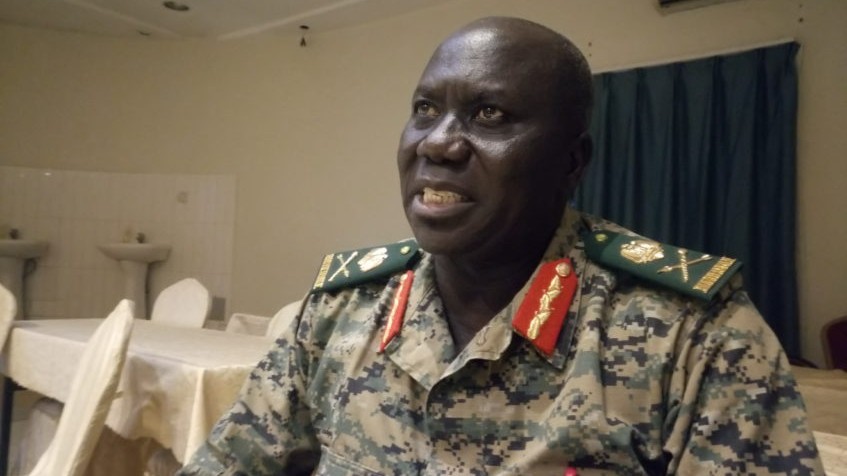
JUBA – A senior South Sudan People’s Defence Forces (SSPDF) officer has defended the army’s human rights record, insisting that the military operates within both national and international legal frameworks despite widespread reports of violations.
Maj. Gen. Chaplain Khamis Edward, the Director of Child Protection in the SSPDF, said respect for human rights is central to the army’s operations.
“In the army, we have human rights; without human rights, we cannot operate,” Edward said on Tuesday during the opening of a two-day workshop on the protection of human rights defenders.
He added that the SSPDF’s activities are guided by national legislation and international conventions. “The legal department is aware that both international and national laws are respected, providing rights to everyone. Human rights are inherent; nobody can avoid them—you must respect them,” he said.
Despite these assurances, the SSPDF has been repeatedly accused of serious human rights abuses, including unlawful killings, sexual violence, torture, and deliberate attacks on civilians.
In March 2025, Human Rights Watch and UN monitors reported that SSPDF forces used improvised incendiary weapons in Nasir County, Upper Nile State, killing and burning dozens of civilians, including children, and destroying homes and markets. The attacks, described as indiscriminate and disproportionate, displaced thousands and devastated local livelihoods.
Two months later, the army was accused of bombing a Médecins Sans Frontières (MSF) hospital and pharmacy in Old Fangak, killing at least seven people and injuring many others. The UN Commission on Human Rights in South Sudan condemned the strike as a potential war crime and called for an independent investigation.
Meanwhile, James Othwon Awer, Chairperson of the Human Rights Committee in the Transitional National Legislative Assembly, urged stronger protection for human rights defenders, civil society activists, and journalists.
He called on participants to serve communities impartially, saying, “A human rights defender must advocate for their community without fear or favour to tribe or clan.”

